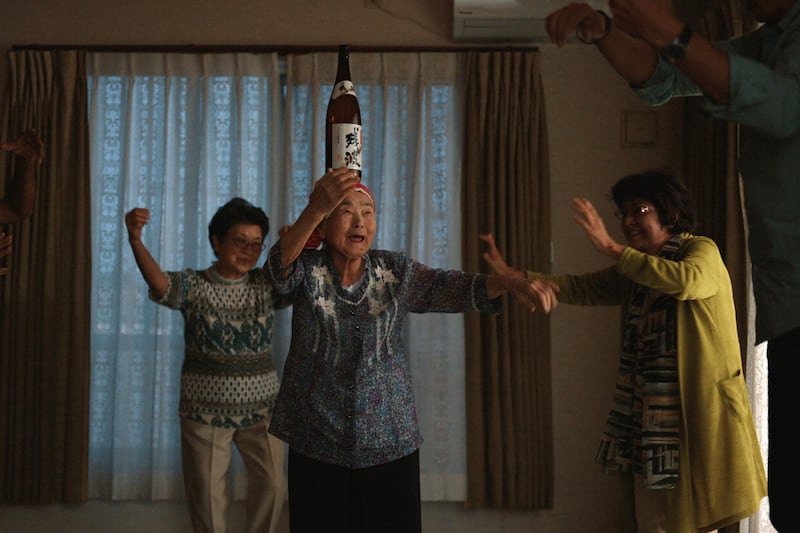With God On Our Side, RTE 1, Monday and BBC 1, Wednesday
Religious belief and the nation state are not as different as they may seem initially.
Religion needs unwavering certainty and at times brings a requirement to put faith, or the defence of the faith, ahead of life. It can be a power for good but many times fundamentalism has led to hatred of the other, the imposition of draconian religious rules and violent conflict.
That nation state is the most successful method humans have devised to organise themselves. It has brought order, security and prosperity to hundreds of millions. But it is prone to a different form of fundamentalism and then the nation state can bring xenophobia (in our case sectarianism), war and death.
It seems clear that the trouble which has afflicted this island stems from the claims of competing nation states and the clash of the nationalist supporters of Britain and Ireland rather than the clash of two competing Christian faiths.
Former Irish president, Mary McAleese, making this documentary to mark the centenary of partition, asked what part religion had played in the conflict and if it “offered a pathway to peace.”
She had an impressive list of people to interview. The late Pat Hume, former UVF councillor turned politician Russell Watton, Gerry Adams, Arlene Foster, Seanna Walsh, Fr Martin Magill, Alan McBride and Rev Harold Good.
There was some perfunctory discussion of faith and religion and whether religious leaders should have done more to stop the killing. Harold Good, for instance, said the Protestant churches should have spoken out against discrimination in the 1960s before violence started.
Some of the other interviewees mentioned their faith, but each conversation was ultimately about the nature of the Troubles and their experience of division and murder.
Mrs McAleese’s own poignant contribution was typical.
She took us to her old home at the junction of Hesketh Road and the Crumlin Road from where her family was forced out by loyalists in the 1970s. She remembers as a child the house being attacked and two men emptying machine guns into the upstairs windows.
Her sister’s bed, she says, “was like a colander.” The family were still alive to make their escape because they had been at Mass at the time.
Arlene Foster, telling of her own childhood experience of attempted murderous attacks in Fermanagh, said “religion may have been the excuse … but when you look at the murder and mayhem, there’s wasn’t much Christianity in that.”
However, somewhere along the line Mrs McAleese lost track of the purpose of her documentary and didn’t successfully answer her own question.
That’s not to say that her programme wasn’t worthwhile, it’s just that it meandered without any particular focus and Mrs McAleese was left with what felt like a predetermined conclusion.
“God is on everyone’s side,” she said.
***
Ireland v New Zealand, Amazon Prime and RTE, Saturday
Rugby’s triumph on this island has been to keep the opposing nationalist claims playing for the same team 100 years after partition.
Our success, created by understanding and generosity, is all the more impressive because of the risk of a schism.
It is surely a measure of the success of this togetherness that there are no selection quotas and no public rows about representation.
The starting team that beat the All-Blacks for the third time in five matches was essentially Leinster, with a few helpers from the other provinces and further afield.
Ulster, in the form of Iain Henderson, had one just starting player. There was a dozen from Leinster, with one each from Munster and Connacht. Although Munster’s representative was born in Dublin and a Kiwi represented Connacht.










